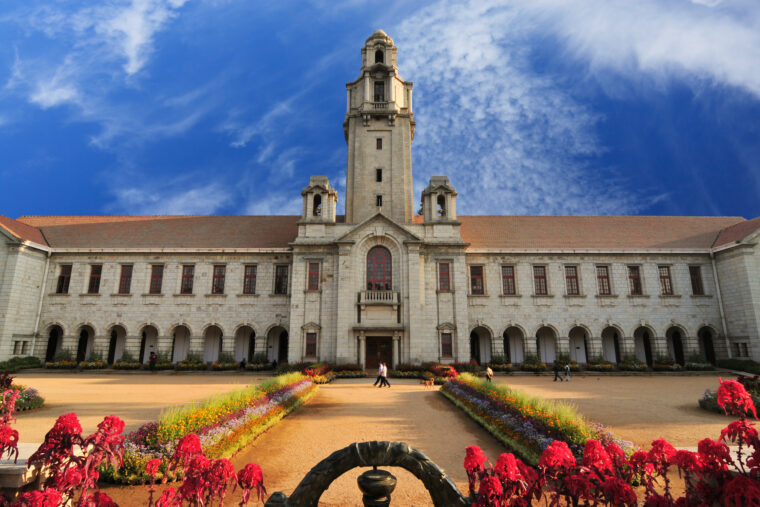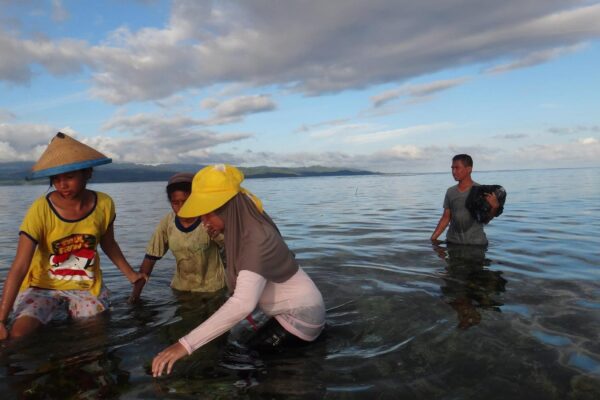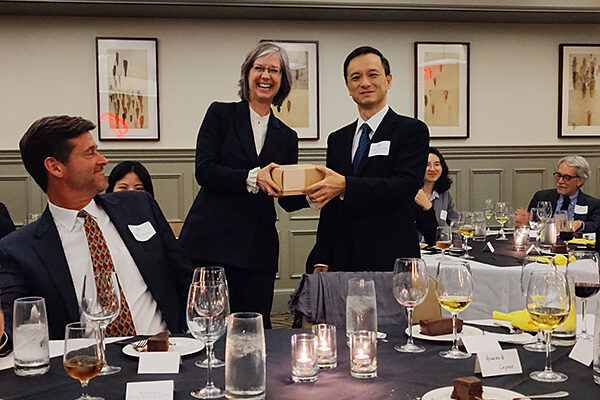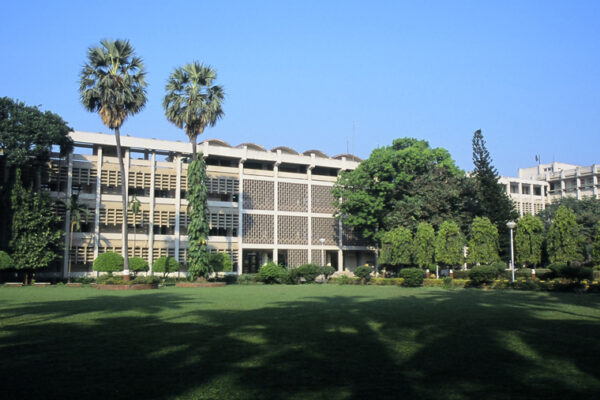While the COVID-19 crisis is keeping researchers around the world from gathering in person, Washington University in St. Louis’ commitment to maintaining and strengthening global ties remains strong.
That commitment was recently demonstrated during the adoption of a new partnership with the Indian Institute of Science (IISc) in Bengaluru, India, one of that country’s premier research universities. The agreement signing took place via Zoom and outlines new research and academic opportunities.
“We are pleased to formally inaugurate the partnership between the Indian Institute of Science and Washington University,” Washington University Chancellor Andrew D. Martin said during the Aug. 25 virtual event. “We have long been aware of IISc’s stellar research reputation, and we are delighted to be working together. Deepening the relationship, and bringing more students into the mix, is exactly the right type of model for cross-institution collaboration.”
“We are very excited about our collaboration with Washington University,” said Govindan Rangarajan, director of IISc. “In fact, we have already charted our plans for joint initiatives and identified specific areas for collaboration, including joint supervision or degree programs. We look forward to the success of this new partnership.”
Even prior to the formal agreement — which includes research workshops and visits, plus joint course development and mentoring of PhD students in India and the U.S. — the ties between the universities already ran deep, particularly within the McKelvey School of Engineering. Many faculty members there have direct ties to IISc — either as alumni or research partners — and already were familiar with their IISc colleagues. Those personal relationships developed organically into research initiatives.
“We’ve found that there are already many collaborations that are in a nascent form, some even further along, and one of our goals is to dramatically increase the bandwidth of those collaborations,” said Aaron Bobick, dean of the McKelvey School of Engineering and the James M. McKelvey Professor. “This represents our first formalizing of that effort with IISc, which for us is an incredibly strong partner institution dedicated to science in many of the domains which are critical to McKelvey Engineering research.”
Those domains include neuromorphic engineering, environmental science, aerosols research and machine learning. To lay the groundwork for the agreement, Shantanu Chakrabartty, the Clifford W. Murphy Professor in the Preston M. Green Department of Systems & Electrical Engineering, visited IISc several times and worked in collaboration with the IISc faculty members Chetan Singh Thakur and Yadati Narahari in the Division of Electrical, Electronics and Computer Sciences.
Chakrabartty and Thakur are jointly mentoring PhD students from both institutions, and this past spring, they co-developed a course in the area of machine learning for edge computing. Future plans include organizing flagship workshops in neuromorphic engineering that will engage other regional universities and corporate partners.
“By broadening the scope of this MOU to other areas, we will be able to strengthen the relationship with IISc,” Chakrabartty said. “Together, we also hope to engage local industries — both in the U.S. and India — to get the university/industry partnerships going as well.”
“The collaboration will also focus on the translation of research to real-world applications by leveraging the ecosystem of Bangalore, the Silicon Valley of India,” said Thakur, an assistant professor at IISc.



